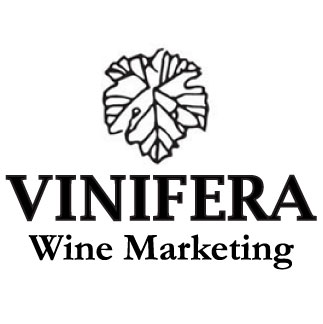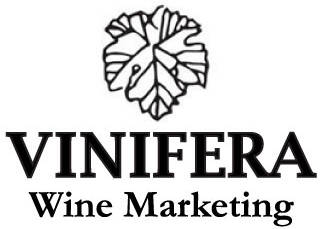In recent years, there has been a growing interest and concern about how our food and beverages are produced, including wine. Consumers are increasingly seeking wines that are not only delicious but also produced in environmentally and socially responsible ways. This has led to various farming and production methods gaining prominence, each with its own approach to sustainability. In this post, we’ll explore the key differences between sustainable, organic, biodynamic, regenerative organic, and conventional wine grape farming and wine production, as these terms are often interchanged.
Conventional Wine Farming and Production:
Conventional wine farming and production methods are the most widely used in the global wine industry. They typically involve the use of synthetic pesticides, herbicides, and fertilizers to control pests and diseases and enhance grape yields. Additionally, conventional winemaking often utilizes additives and processing aids to manipulate the wine’s flavor, color, and stability. While these methods may result in high yields and consistent wine quality, they can have negative environmental impacts, such as soil degradation, water pollution, and loss of biodiversity.
Organic Wine Farming and Production:
Organic wine farming and production follow strict regulations that prohibit the use of synthetic chemicals and herbicides. Instead, organic grape growers rely on natural alternatives, such as compost and cover crops to maintain soil fertility and control pests and diseases. In organic winemaking, only organic-approved additives and processing aids are allowed, and sulfites are limited to lower levels compared to conventional wines. Organic certification ensures that the entire production process, from vineyard to bottle, meets organic standards set by certifying bodies.
Vinifera represents a number of wineries who farm organic vineyards and/or who source from organic farmers: RAEN, The Grenachista, Conduit/Divergent Vine, Quench + Temper, Ojai Vineyard, SANS, Green & Red Vineyards and Black Sears.
Vinifera also represents the only certified USDA organic canned wines, SANS. We represent The Sorting Table Imports, and there are a number of wineries who farm organically such as Castello di Ama, Château Rocher Corbin and Ebner-Ebenaur.
Biodynamic Wine Farming and Production:
Biodynamic farming is a holistic approach to agriculture that views the farm as a self-sustaining ecosystem. Biodynamic grape growers follow strict practices outlined by the Demeter Association, including: biodiversity promotion, composting, lunar planting cycles, and the use of biodynamic preparations.
Biodynamic winemaking involves minimal intervention and often incorporates natural fermentation and aging processes to express the unique characteristics of the terroir. While similar to organic farming in many ways, biodynamic farming takes a more holistic approach, considering the interconnectedness of plants, animals, and celestial rhythms.
Vinifera producers who farm biodynamically include Black Sears and The Sorting Table growers, Seresin, JB Adam and Domaine Roblet-Monnot.
Regenerative Organic Wine Farming and Production:
Regenerative organic agriculture goes beyond sustainability to actively regenerate ecosystems and improve soil health, biodiversity, and carbon sequestration. Regenerative organic grape growers prioritize soil-building practices, such as no-till farming, crop rotation, and agroforestry, to enhance soil structure and fertility. In regenerative organic winemaking, the focus is on minimal intervention and preserving the natural balance of the vineyard ecosystem. This may include native yeast fermentation, low-sulfur additions, and aging in neutral vessels to showcase the pure expression of the grapes and terroir.
In conclusion, sustainable wine farming and production encompass a range of approaches, each with its own philosophy and practices. Whether you prefer wines that are certified organic, biodynamic, regenerative organic, or produced using conventional methods, it’s important to consider the environmental, social, and ethical implications of your choices. By supporting sustainable wine producers, you can enjoy great-tasting wines while also contributing to a healthier planet.
Cheers to sustainability in every sip!




